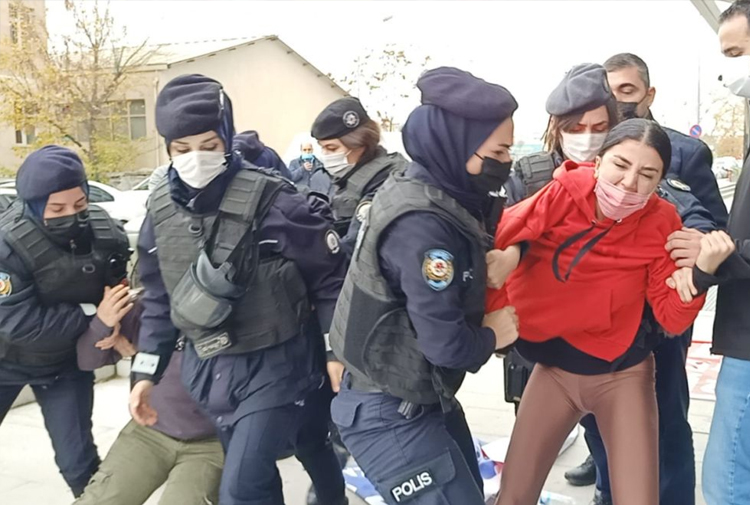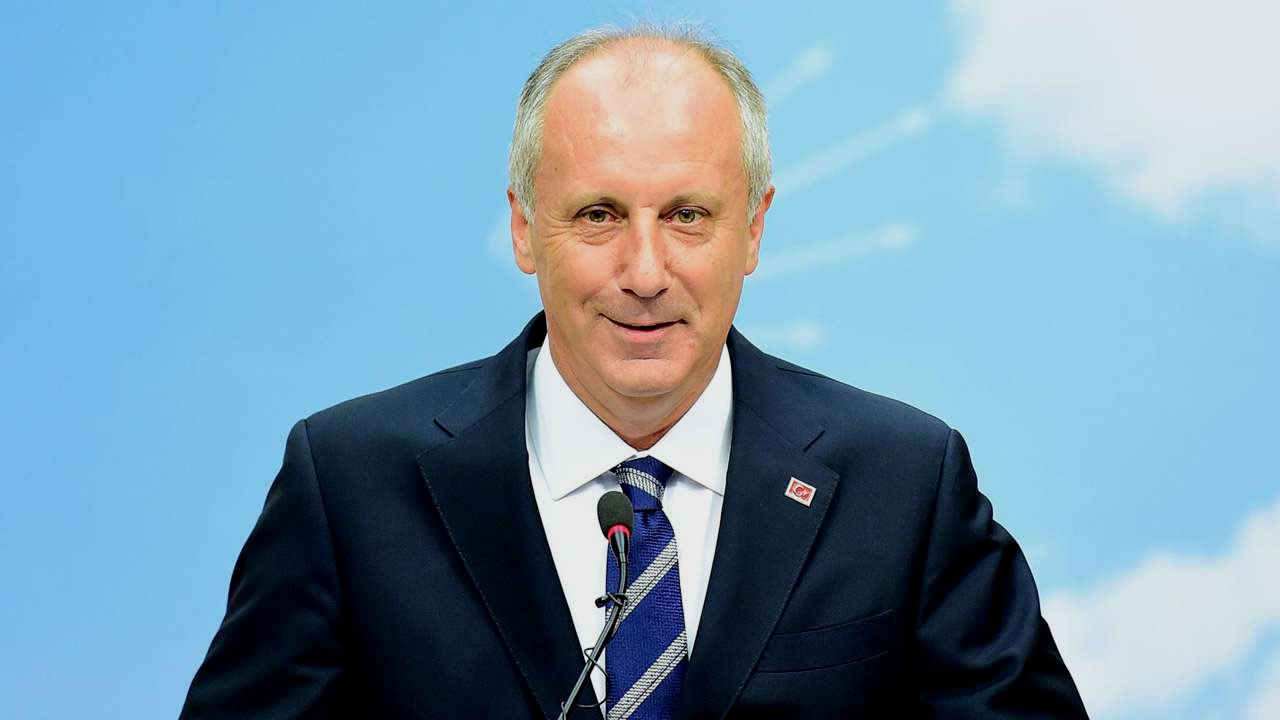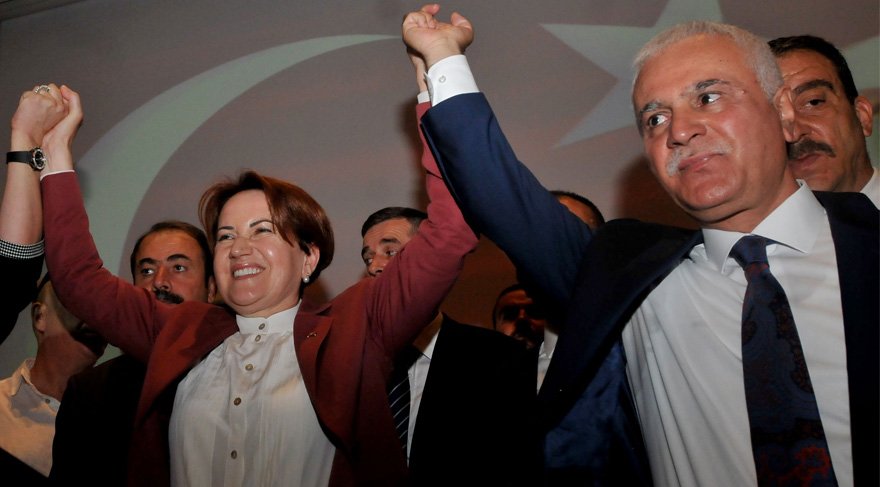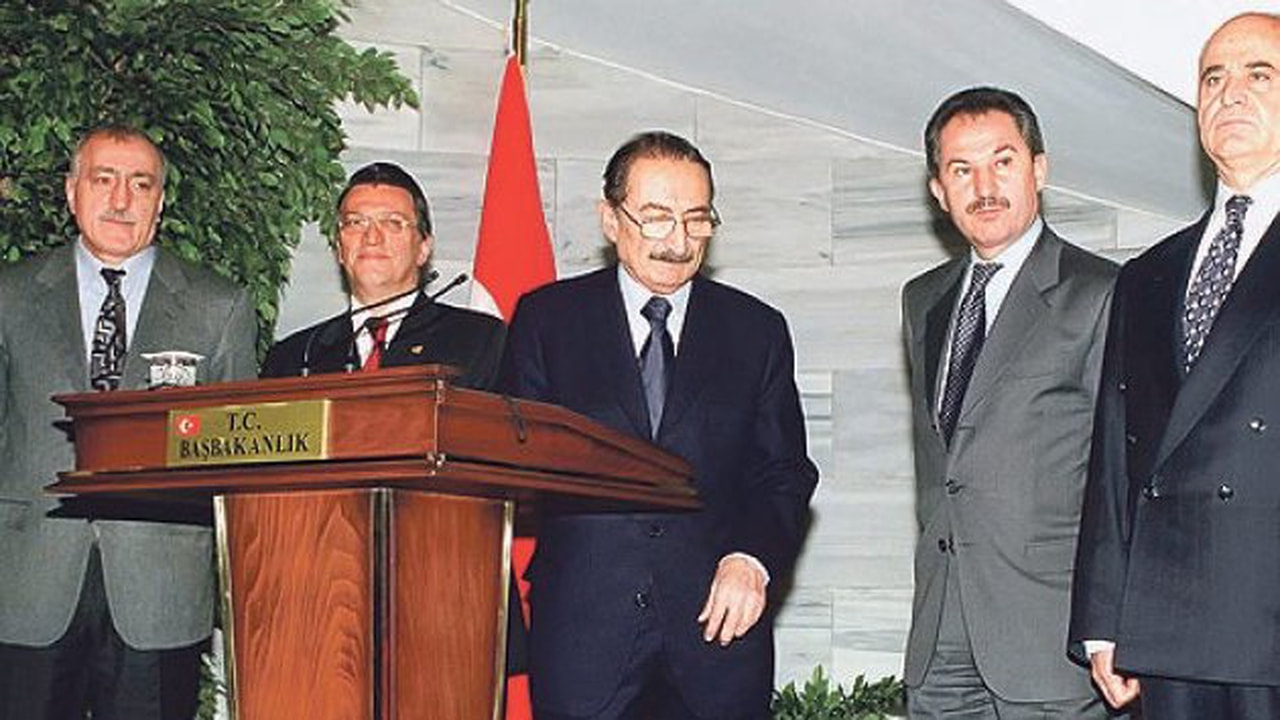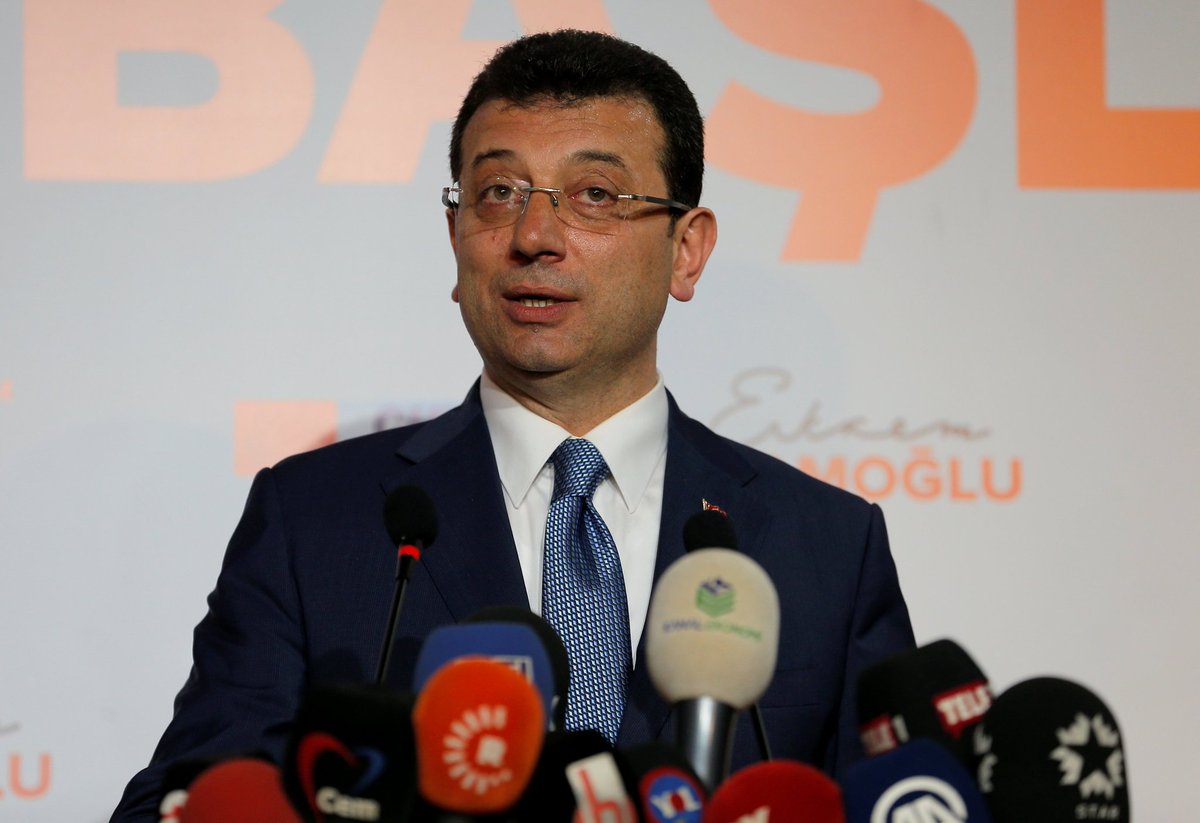Not Can Dündar or Olay TV. The event this month that best illustrated the dire state of Turkish journalism was the case of Ufuk Çeri.
The reporter for Medyascope, an online news portal, was filming a demonstration by former employees of the bankrupted airline AtlasGlobal on December 10 when the police arrived to take them away.
It was happening in Istanbul outside the headquarters of ETStur, the travel agency co-founded by the defunct airline’s owner, Ali Murat Ersoy.
AtlasGlobal’s collapse into insolvency in February caused 2,000 people to lose their jobs.
The former employees’ group AZAP says they still owed salaries dating back to December 2019 and haven’t been paid the redundancy compensation to which they are legally entitled. A protracted legal battle is underway.
AZAP has held rallies at various locations, including outside Mr Ersoy’s home, but it was the event outside ETStur that touched a nerve.
The travel agency’s other co-founder is Mr Ersoy’s twin brother, Mehmet Nuri Ersoy, who since 2018 has been Turkey’s minister for culture and tourism.
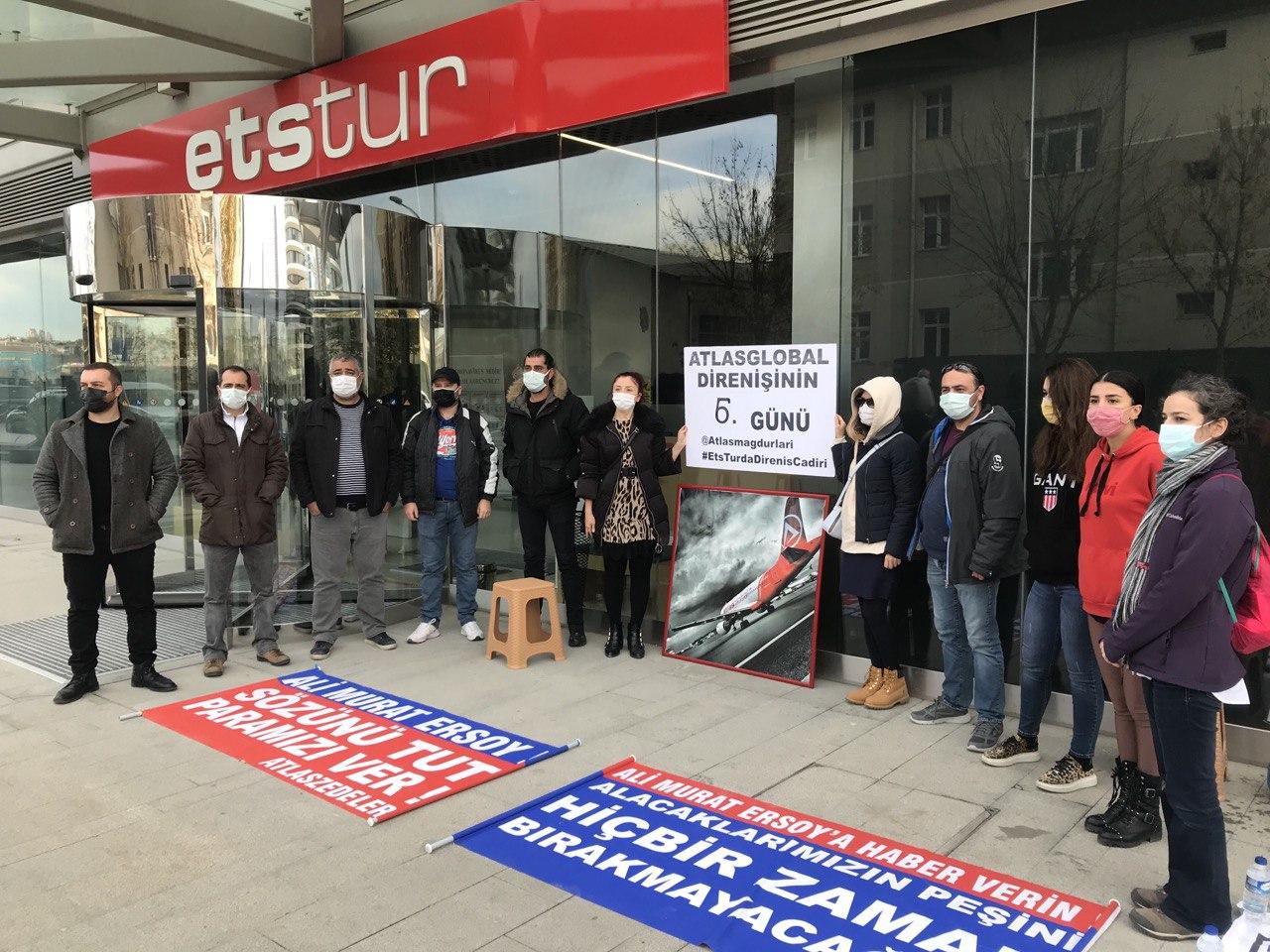
The fact that one the country’s biggest travel agencies is run by the government minister responsible for tourism policy is a conflict of interest best left for another time.
But it helps explain why there was so heavy a police presence for a protest essentially borne out of an employment dispute.
‘Obstruction of duty’
Ufuk Çeri, the Medyascope journalist, was streaming video online when officers began to take the demonstrators away to a bus waiting nearby.
He was arrested too. There is a lengthy account of his time in custody available on Medyascope’s website, albeit in Turkish:
- he was manhandled despite making clear repeatedly that he was a journalist;
- his shoelaces were confiscated so he could spend the night in a grim cell;
- he was ferried back and forth between police stations and courts across the Anatolian side of Istanbul;
- he was accused of “obstruction of police duty”, but not a single item of evidence was presented to support it.
The following morning, 24 hours after his arrest, Mr Çeri was released. He says the only person whose duty was obstructed that day was his own.
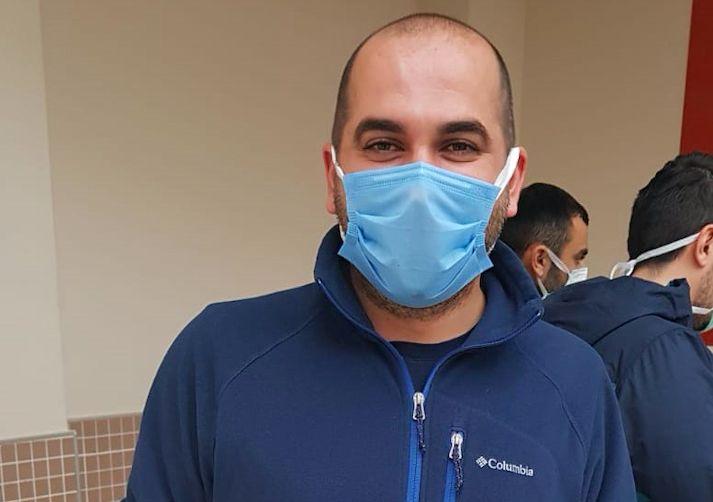
His case did not receive nearly as much attention as two more prominent events in Turkish journalism this month: the closure of news channel Olay TV after just 26 days on the air, and the flabbergasting 27-year jail sentence handed to Can Dündar, perhaps the country’s most recognised journalist.
Gone in less than a month
Olay TV emerged at the end of November with the ambitious declaration that it was an independent-minded broadcaster equidistant to all political parties and all views.
But it is owned by a one-time banking minister from a government preceding the Recep Tayyip Erdoğan era, and he pulled the plug on December 25 — allegedly because of government pressure.
He was said to be unhappy at the decision to broadcast parliamentary speeches by members of the pro-Kurdish Peoples’ Democratic Party (HDP).
For now, 180 staff at Olay TV continue under the TVhaberi.com brand, but without a mainstream broadcast licence. Their future is uncertain.
Making it personal
Mr Dündar’s case, outrageous though it is, is far better documented overseas.
As editor of Cumhuriyet, he wrote the front-page splash trumpeting the story that Turkey’s intelligence service was sending weapons across the border into Syria’s civil war — allegedly for use by the Islamic State group.
He was jailed in absentia last week for 27 years on charges that include “political and military espionage”.
Notably, no similar charges have not been brought against the left-wing Aydınlık, which covered the same story a full year before Cumhuriyet.
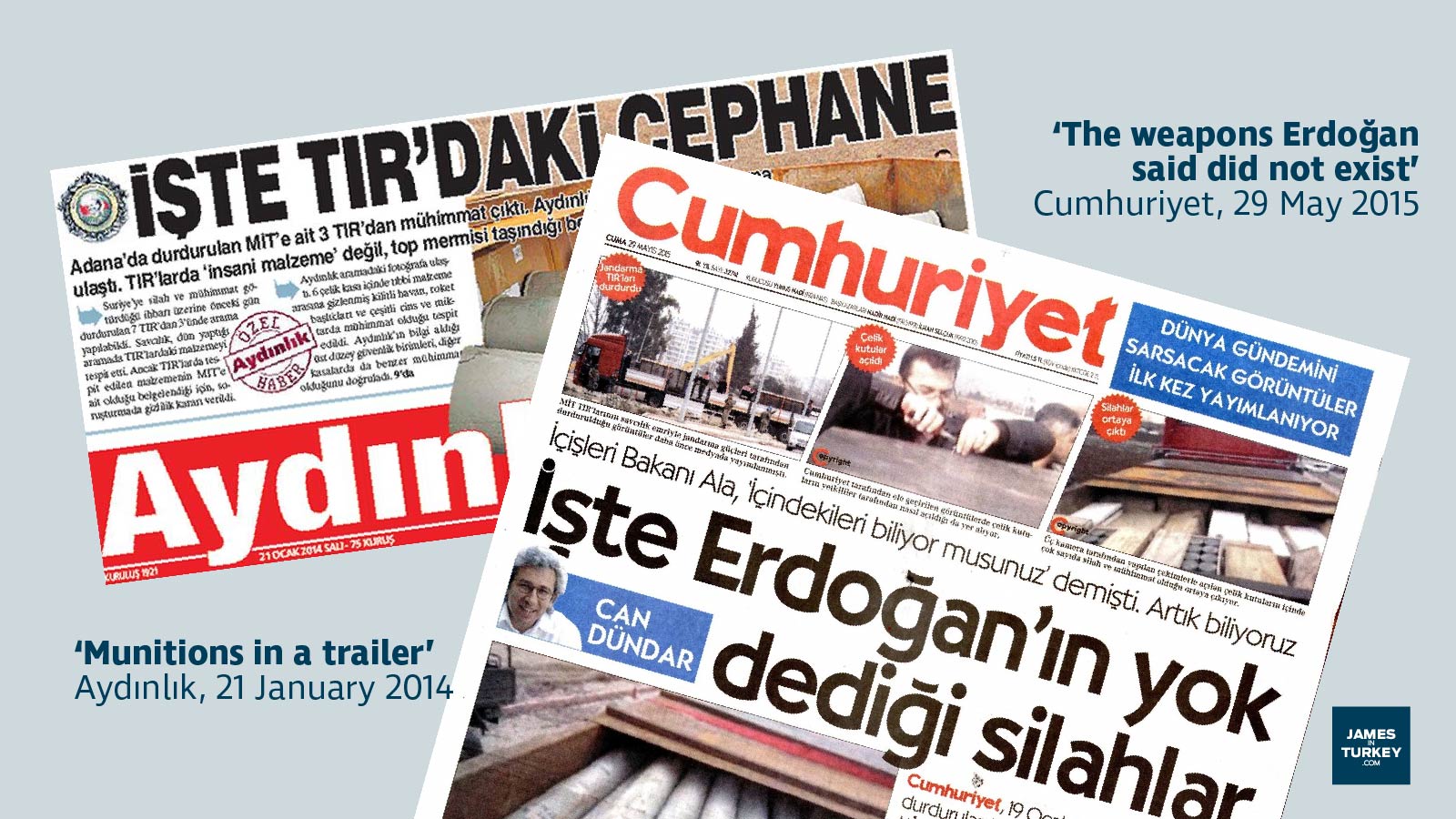
The most prominent difference between the two newspapers’ coverage was the choice of headline. Aydınlık went with “Munitions in a trailer”, but Cumhuriyet made it personal: “The weapons Erdoğan said did not exist.”
Which brings us back to Ufuk Çeri, the Medyascope reporter held for 24 hours and released with any evidence.
He’s still doing his job today, but how many other journalists would not think twice before reporting on the connection between a bankrupted airline and the family of Turkey’s tourism minister?
A journalist’s job is to cover awkward issues affecting big personalities, but this is a country where the heavies are sent in even at a hint of scandal involving a junior government figure.
What hope is there for any journalist in 2021?





